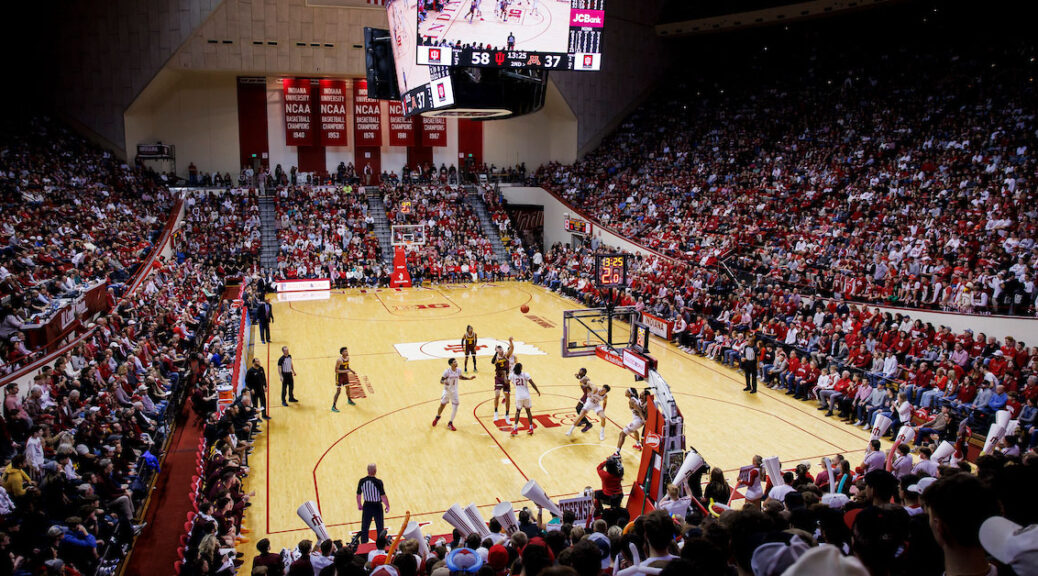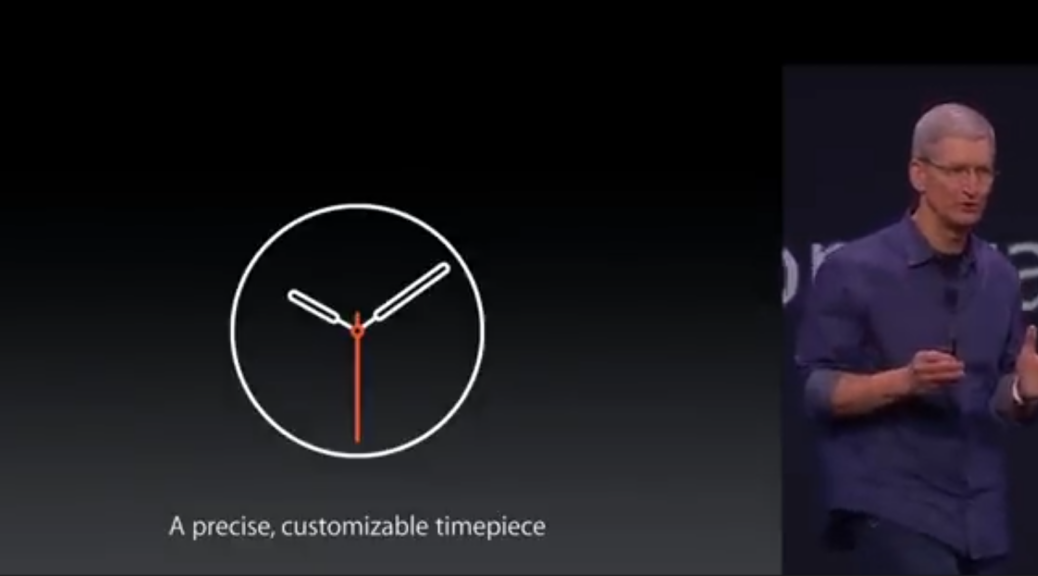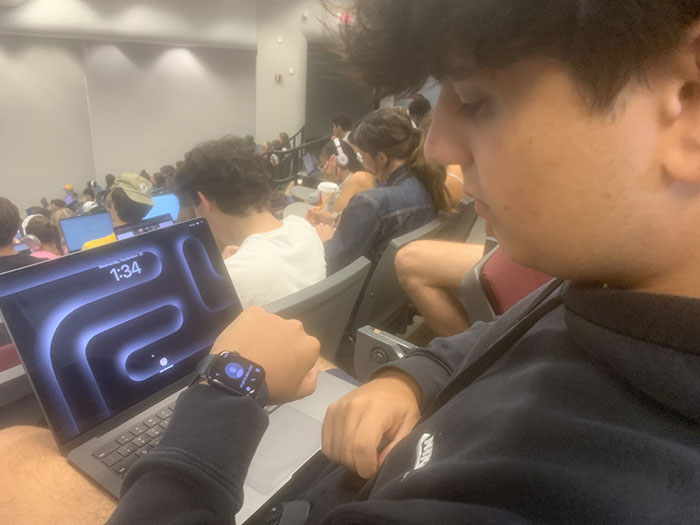Without NIL: College Athletes are Exploited Mentally and Physically
By Caroline Crawford, Jordan Campbell and Chase Dodson
Bloomington Indiana, ( November, 5th, 2024)
The polished waxed floors squeak with the sound of shoes running up and down the court. The horizontal lines come together to create boundaries that make up the game of basketball. With people cheering in the stands, the players line up for their routine entrance. As the crowd sees their favorite players they get even louder and scream with anticipation for the game that’s to come. As the energy in the room intensifies, the game begins.
With athletes seeming so untouchable, the topic at hand is wondering how easy it seems to be a college athlete and have your entire college tuition taken care of, a problem many college students worry about throughout their academic careers. With athletes being at the top of the social hierarchy, it seems to be the easiest job in the world, getting to do something they truly love and were born to do, while getting applauded and worshiped for it. Although the life of a college athlete seems glamorous and effortless, It’s actually quite the opposite with the discussion of how college athletes actually feel mentally and physically, while dedicating their life to playing their sport. Athletes’ troubles and challenges often go unseen, especially with the debate of Name, Image and Likeness (NIL).

The hard work and dedication that every player consistently brings to each game is immense and deserves to be shown off and profitable, most would think. The game of basketball is seen as lots of effort and time, although the sport is rewarding, the discussion of how the game affects the players mentally is not a topic that the media usually covers. According to IU’s women’s basketball manager Aj Harmon “It’s a lot of time and commitment, and a major struggle being the time the players spend away from their families” said Harmon. The players spend most of their time conditioning, practicing and getting ready for games. It’s a full time job to be a college athlete, so that means the players have no way of getting a real paying job as their time as an athlete. Without sponsors and advertisements, the players are making no money from all their hard work and dedication. The labor they do becomes unseen without getting a paycheck at the end of the day. The players give up their social life, including phone calls with parents, social gatherings, even something simple like down time. The struggle of trying to stay afloat is real for athlete’s while trying their best to play well.
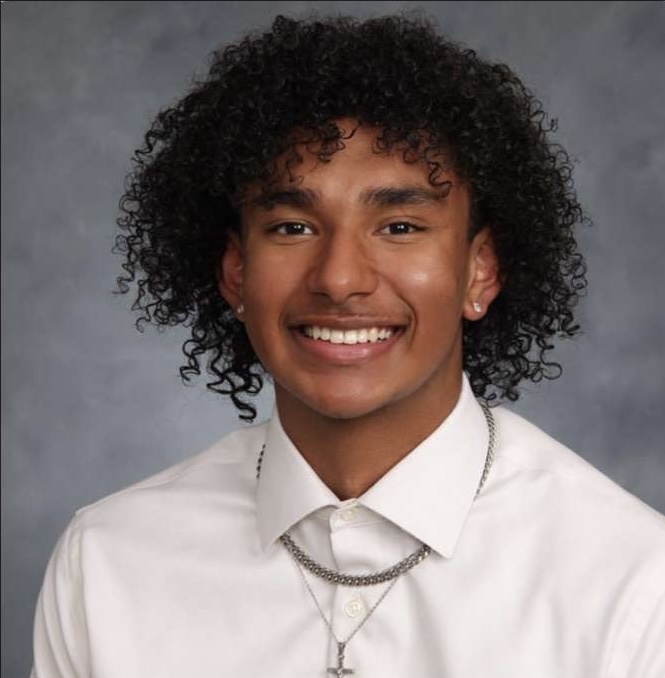
Mental health varies from player to player, but the pressure is almost constant. The need to be the best and always give their all becomes a never ending cycle of mental defeat. While working hard on the court and outside of it, the players have no real compensation for their hard work. The amount of work they put in with no reward leaves the players burnt out and tired. With the risk of injuries and pressure to be the best during every game, college athletes ask themselves “what’s the point?” While being a full time student, the stressors of personal identity and self doubt come to the surface. Stated by D2 Freshman basketball player at Wayne State College, Darshan Thomas “Many of us sacrifice our time and our bodies while on the court, it takes a toll on me mentally to constantly think about my performance and not my school work so the team and school can be good”. Putting the skill from each player aside, the main part of being a team is each individual putting their talent together to create one big talent. Representing a school is an honor and each player must give it their all each game. The stress of being good for something other than yourself is tiring and leads to burning out. The anxieties of being injured or performing badly is immense when playing for a high division like D2. Without NIL, and not being compensated for effort, time and stress, the players can reach a point where they feel like their time and effort is not being appreciated or valued enough to it’s fullest potential.
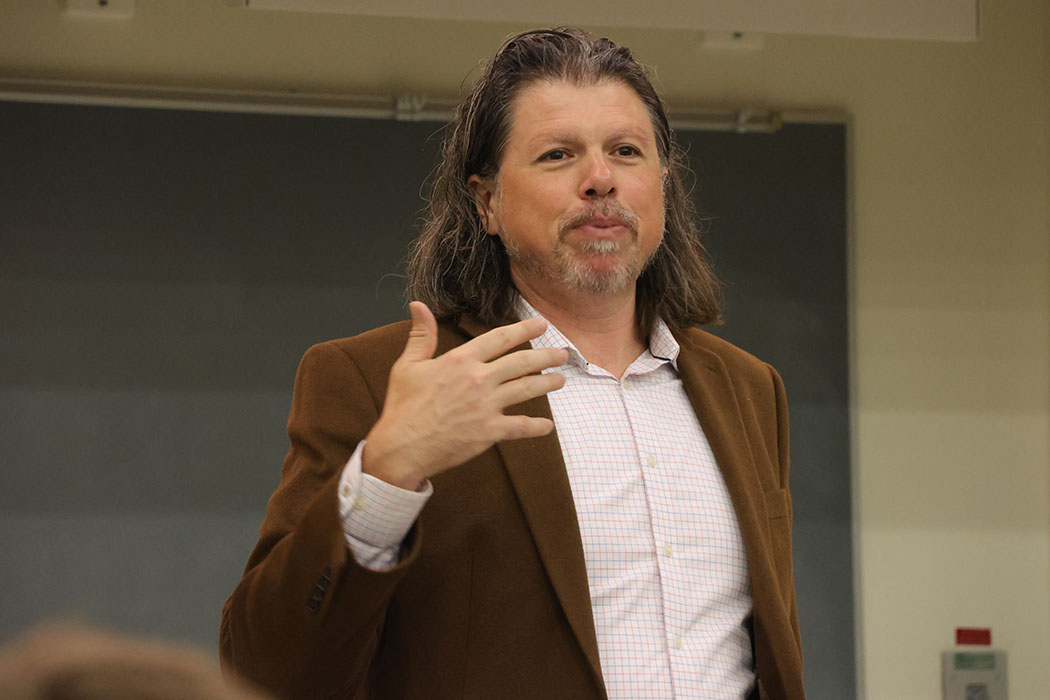
According to the Associate Dean for Undergraduate Education for the Media School, Dr Clavio “you do not get the same rights as the other people that are college students, despite the long-standing public relations approach by the NCAA, which tries to argue that college athletes are simply students who happen to be engaged in athletics”. While full time college students get the right to profit off their name image and likeness, College athletes unfortunately do not. Although a college student who is engaged with athletics or with a particular field of study, they are seen as two different students. College athletics, specifically basketball, bring in a big sum of money through ticket sales, merch and much more. Ignoring what each individual brings to the table, the players don’t even make money off the games as a whole, which people pay to see them play. With the liabilities of injuries and the serious impact on mental health that comes along with the game of basketball, the players are doing all the work while getting no reward. Punishing athlete’s for being extraordinarily good at something, is wrong and unfair for those who fight through and overcome mental and physical challenges while playing their sport.
People of Kirkwood discuss how student athlete’s are impacted mentally through NIL, without getting compensated for their hard work and dedication.
###


